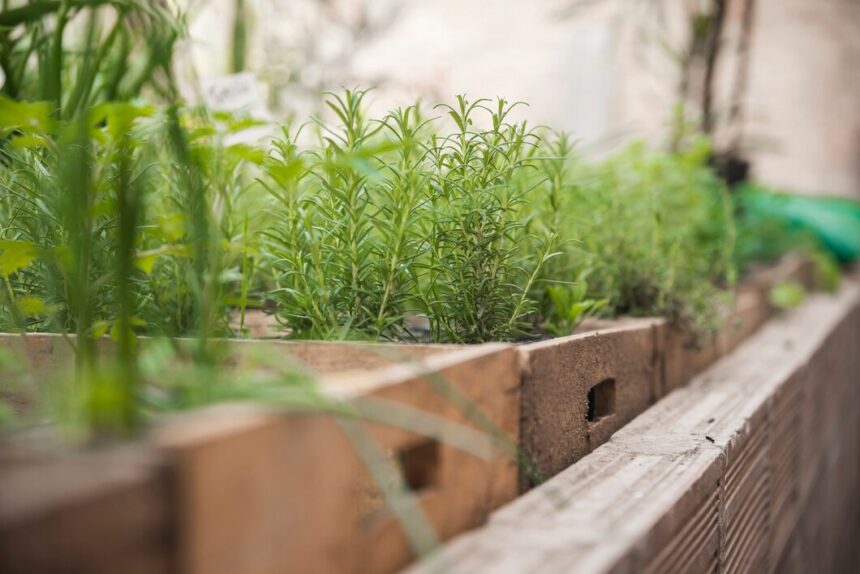Herb farming in South Africa can be both lucrative and environmentally beneficial when approached with sustainable practices. Here are ten techniques that South African farmers can employ to promote sustainable herb farming:
- Companion Planting: Utilize companion planting techniques to naturally repel pests and enhance soil fertility. For example, planting basil alongside tomatoes can deter pests while enhancing flavor.
- Crop Rotation: Rotate herb crops to prevent soil depletion and nutrient imbalance. This practice reduces the risk of soil-borne diseases and pests while improving soil structure and fertility.
- Organic Pest Control: Implement natural pest control methods such as introducing beneficial insects, using neem oil, or employing traps to minimize the use of synthetic pesticides.
- Water Conservation: Adopt water-efficient irrigation methods such as drip irrigation or mulching to reduce water wastage and maintain soil moisture levels, especially during dry periods.
- Soil Health Management: Regularly test soil health and amend it with organic matter like compost and cover crops to enhance soil structure, fertility, and water retention capacity.
- Agroforestry: Integrate trees and shrubs with herb crops to create a diverse farming ecosystem. Trees provide shade, windbreaks, and nutrient cycling benefits while supporting biodiversity.
- Seed Saving: Preserve indigenous herb varieties by saving seeds from healthy plants. This practice not only conserves genetic diversity but also reduces dependency on external seed sources.
- Integrated Pest Management (IPM): Implement IPM strategies that combine biological, cultural, and mechanical controls to manage pests and diseases effectively while minimizing environmental impact.
- Pollinator Habitats: Create habitats for pollinators such as bees and butterflies by planting flowering herbs and native plants. Pollinators play a crucial role in herb reproduction and ecosystem health.
- Community Engagement: Engage with local communities and consumers to promote sustainable farming practices and educate them about the benefits of organically grown herbs.
Benefits of Sustainable Herb Farming
- Environmental Conservation: Minimizes soil erosion, reduces chemical runoff into water bodies, and preserves biodiversity.
- Economic Viability: Improves long-term profitability by reducing input costs, enhancing soil fertility, and meeting growing consumer demand for sustainably grown herbs.
- Social Responsibility: Contributes to community health and well-being by providing nutritious, pesticide-free herbs and supporting local economies.
By adopting these sustainable techniques, South African herb farmers can cultivate healthy, high-quality herbs while preserving natural resources and contributing to a more sustainable agricultural sector.
Join 'Farmers Mag' WhatsApp Channel
Get the latest Farming news and tips delivered straight to your WhatsApp
CLICK HERE TO JOIN






